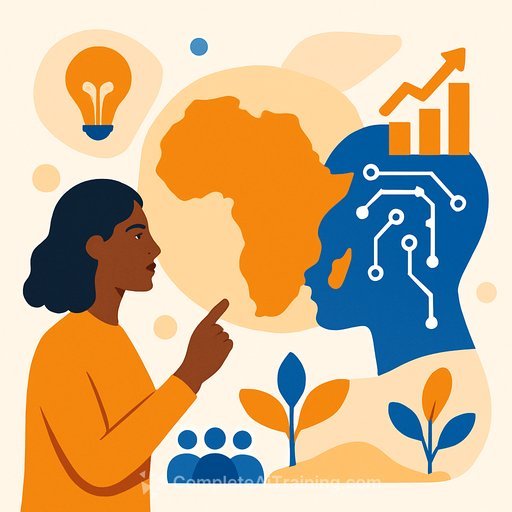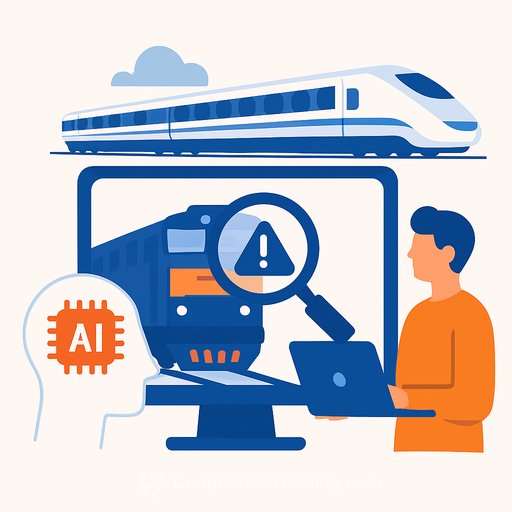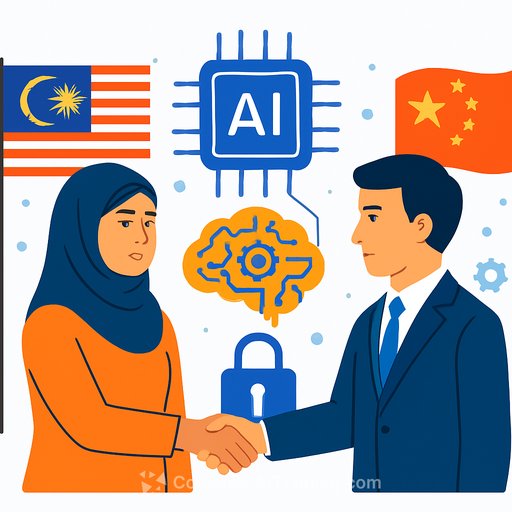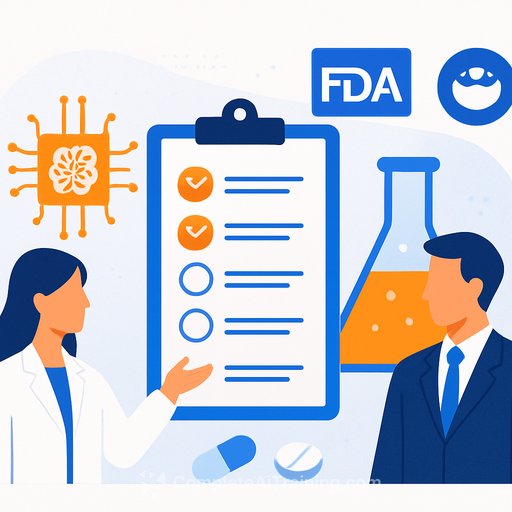UNDP's AI Hub for Sustainable Development: Practical Infrastructure for Africa's AI Builders
On June 20, 2025, in Rome, the United Nations Development Programme (UNDP) announced the AI Hub for Sustainable Development - a global platform focused on accelerating AI innovation and infrastructure across Africa. The initiative is sponsored by Italy's Ministry of Enterprises and Made in Italy (MIMIT) and implemented by UNDP.
The goal is straightforward: give African teams the compute, skills, and data they need to ship useful AI products that solve local problems - at scale and with accountability.
Why this matters for IT and development teams
The Hub concentrates on three pillars that directly affect build velocity and deployment quality:
- Green compute access: Shared, energy-aware infrastructure to train and run models without runaway costs.
- AI talent development: Training programs to grow engineers, data scientists, and product leads across the continent.
- Locally relevant data: Datasets that reflect African languages, markets, and public services for higher model accuracy and real-world fit.
The effort supports key UN Sustainable Development Goals (SDGs):
- SDG 9 - Industry, Innovation, and Infrastructure: Building digital and AI infrastructure across the continent. Learn more
- SDG 4 - Quality Education: Expanding AI and digital skills training for young talent.
- SDG 17 - Partnerships for the Goals: Collaboration across 25 international partners and 14 African countries.
Closing the AI gap
As the Center for Global Development notes, AI's upsides and risks are not evenly distributed. Wealthier countries have the capacity to benefit, while developing nations face higher exposure to job displacement and limited readiness for social impact management. Center for Global Development
The AI Hub tackles this head-on by supporting sovereign, inclusive systems that fuel local innovation rather than importing one-size-fits-all solutions.
Key barriers the Hub addresses
- Data scarcity: Limited African-specific datasets reduce accuracy and cultural relevance.
- High compute costs: Startups struggle to train competitive models under tight budgets.
- Brain drain: Skilled professionals leave for better opportunities abroad.
- Regulatory friction: Complex, fragmented rules slow down compliant deployment.
Shared infrastructure, open collaboration, and capacity building across public and private players are core to the plan.
What to build first: practical opportunities
Expect near-term wins in agriculture, education, healthcare, and energy - areas where data gaps can be closed and impact is measurable. Local languages and edge deployments will matter as much as model size.
- Data pipelines: Curate and maintain bilingual/multilingual datasets; use synthetic data carefully; keep privacy and consent front and center.
- Model strategy: Favor efficient models, fine-tuning, and retrieval; optimize for local languages, rural connectivity, and intermittent power.
- Infrastructure choices: Use shared green compute; apply quantization and distillation; containerize inference; plan for observability and rollback.
- Governance and safety: Add evaluation suites for bias, toxicity, and factuality; log decisions; document datasets and model changes.
- Partnerships: Co-build with ministries, universities, telcos, and health networks to access data and distribution.
- Talent pipelines: Support apprenticeships, cohort-based training, and on-the-job upskilling for engineers and product teams.
How to engage with the Hub
- Startups: Propose pilots tied to public services or utilities; prioritize measurable outcomes and unit economics.
- Universities: Contribute labeled datasets and evaluation benchmarks; host regional model sprints and MLOps labs.
- Enterprises and agencies: Offer compute credits, training, or mentorship; align procurement to reward local deployments.
- Open-source contributors: Localize tokenizers, build evaluation sets for African languages, and maintain domain-specific adapters.
Building teams and skills? Explore curated learning paths by role to speed up onboarding and upskilling: AI courses by job.
Ethics and sustainability, by default
The initiative emphasizes responsible AI: inclusion, environmental sustainability, and long-term human development. That means transparent data practices, energy-aware training, and models that improve public services without widening inequality.
"There is no doubt that this AI Hub will transform industries and foster sustainable development across Africa," UNDP officials noted. "But to realise its full potential, collective effort and sustained investment are essential."
Bottom line
The UNDP AI Hub is a concrete step for Africa to build its own AI future - led by local talent, practical partnerships, and infrastructure that makes real products possible. For IT and development teams, the signal is clear: prepare to ship useful AI with better compute access, better data, and clearer paths to deployment.
Focus on what compounds: clean datasets, efficient models, reliable pipelines, and strong community ties. The rest follows.
Your membership also unlocks:






